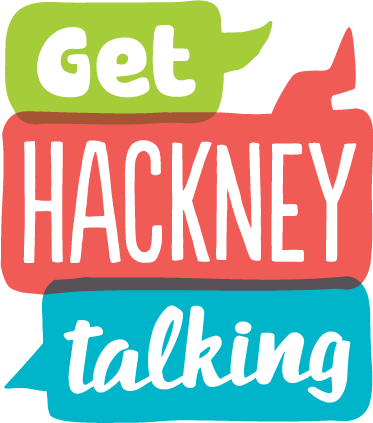Problem Solving and Verbal Reasoning
Verbal reasoning is a skill that is essential for understanding social situations and learning in the classroom. It involves understanding and answering ‘how’ and ‘why’ something has happened and is fundamental for solving social problems. In order to think through and solve problems children need to use their internal language, or ‘self-talk’, so when a child has difficulties with understanding and using spoken language they will usually have difficulties with verbal reasoning.
Many problem-solving skills are learnt through experience of normal social interaction. Children with communication difficulties can benefit from talking through problems in detail as they arise, but also through specific activities such as the ones presented in this section.
Activity: How do you know?
Aim: Children to provide reasons for their judgements, e.g. why do I think this
Resources needed: A busy picture scene with lots of different things happening in it or a descriptive paragraph from a book
Method: Show the picture or read the text to your child and ask questions about the picture or text. Use a mixture of questions that are obvious (e.g. ‘who is driving the bus?’) and ones that are not immediately observable and require the use of inference or judgement (e.g. ‘what time of year is it?’ or ‘how is she feeling?’). Follow each question up with ‘how do you know?’ questions. This encourages children to give reasons for their answers and explain their thinking. Examples could include:
- What season is it? How do you know?
- What time of day is it? How do you know?
- How is he feeling? How do you know?
- Where is she going? How do you know?


